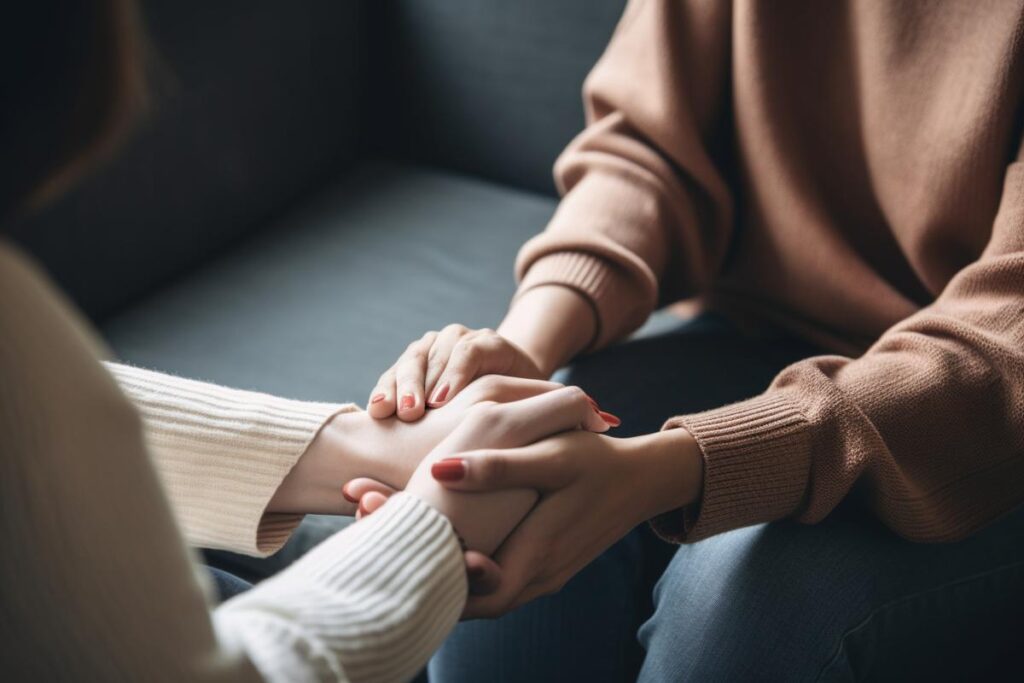Though depression impacts tens of millions of people worldwide, it somehow continues to have a stigma that prevents people from reaching out for the help they need and deserve. The statistics about depression indicate that, even if you do not struggle with it, someone you know does.
One problem in recognizing depression is that the term has become overused and confused with the typical sadness that most people occasionally experience. Everyone experiences periods of sorrow, and maybe even temporary depression, surrounding difficult life experiences. True depression is a mental health condition with specific traits and requires professional depression treatment.
At Athens Addiction Recovery, we can assess clients and properly diagnose depression in many forms. If you are concerned that you or a loved one is struggling with depression, we can help. Call 844.959.4998 to learn more.
What Are the Signs of Depression?
Sadness is a normal emotional reaction to a stressful, upsetting, challenging, or unexpected life event. When people are sad, they can find relief by venting their feelings through crying, yelling, journaling, exercising, taking time alone, or talking with someone. Sadness usually goes away relatively quickly. When someone is sad, they can still enjoy other aspects of their life.
Sadness is one component of depression, which is overarching and impacts a person’s ability to cope with everyday life. Many people with depression recognize that they feel sad but cannot pinpoint the reason.
In addition to a sense of sadness, other signs of depression can include:
- Inattention to personal hygiene
- Fatigue and low energy
- Failure to manage everyday responsibilities
- Loss of interest in previously enjoyed activities
- Isolating
- Unintentional and significant weight loss or weight gain
- General lack of interest in everyday life
- Persistent feelings of hopelessness or despair
- Irritability or sudden outbursts of anger
People with depression often experience bodily issues, including headaches, stomachaches, gastrointestinal problems, and general aches and pains that cannot be attributed to a specific cause.
Diagnostic Symptoms of Depression
Depression is a complex mental health disorder often accompanied by co-occurring disorders like anxiety and substance abuse. As such, anyone experiencing the common signs of depression must seek professional help as soon as possible.
A trained professional will utilize the Diagnostic and Statistical Manual of Mental Disorders (DSM-5), in-person conversations, and other diagnostic assessment tools to rule out or identify depression.
A summary of symptoms outlined in the DSM-5 includes the presence of the following:
- Depressed mood most of the day, nearly every day
- Anhedonia (the inability to experience pleasure)
- Significant changes in appetite or weight
- Diminished ability to concentrate or make decisions
- Psychomotor agitation
- Feelings of excessive worthlessness or guilt
- Disrupted sleep, insomnia, or hypersomnia
- Recurrent thoughts of death and suicide
- Making suicide threats, plans, or attempts
These symptoms must persist for at least two weeks and cause significant impairment or disruption in one’s occupational, social, familial, or other important areas of functioning. The duration, severity, and combination of these symptoms can vary significantly between individuals, and other factors may influence them.
Tips for Helping a Loved One Showing Signs of Depression
If you believe a loved one is struggling with depression, your support can have a marked impact on their well-being. Studies show that high-quality interpersonal connections are a protective factor for depression, meaning that simply letting someone know they have your support is highly beneficial.
The following tips can be the foundation of helping your loved one:
- Educate yourself about depression
- Be a good listener
- Be patient
- Offer to spend time together
- Avoid judgment
- Respect their boundaries
- Encourage self-care
- Stay connected regularly
- Encourage seeking professional help
- Offer help to access resources
Most importantly, always take any references to suicidal thoughts seriously. It is vital to remember that someone with depression is hurting. Even if you say and do all the “right” things, your loved one may become distant, angry, or lash out at you. Remember not to take it personally and continue supporting them however possible.
Call Athens Addiction Recovery Center Today
While depression can cause tremendous suffering for the affected person and their friends and family, it is highly treatable.
At Athens Recovery, we are committed to helping individuals and families heal from depression and co-occurring disorders so they may lead their best lives. Call 844.959.4998 or reach out online to learn more about our programs for depression.

